‘No place to hide’: Sri Lanka’s deposed president faces arrest calls after return
Sri Lanka’s deposed President Gotabaya Rajapaksa has returned to the country from self-imposed exile and is now facing arrest warrants.
Rajapaksa fled the island nation in July after months of popular protests against the economic and living conditions in Sri Lanka, which eventually led to a massive influx of people to his official residence.
The 73-year-old announced his resignation from Singapore and spent weeks under virtual house arrest in a Bangkok hotel after being asked by the city authorities not to leave the hotel for his personal safety.
Rajapaksa then lobbied his successor to allow him to return to the country. Leaders of the protest campaign that brought down his government said Rajapaksa, who has lost his presidential immunity since leaving power, should now be brought to justice.
"Gotabaya returned because no country is willing to accept him, he has no place to hide," Joseph Stalin, the leader of a teachers' trade union that helped mobilize demonstrators, told AFP.
"He should be arrested immediately for causing such misery for the 22 million people of Sri Lanka. He should be prosecuted for his crimes."
Rajapaksa arrived at the main international airport in Colombo on Saturday and was greeted by a crowd of ministers and politicians. He was accompanied by a security team to his new official residence in the capital, provided to him by the government of his successor, President Ranil Wickremesinghe.
Rajapaksa's younger brother Basil, the former finance minister, met with Wickremesinghe last month and asked him to allow the former president to return to the country.
“Basil Rajapaksa requested the president to make arrangements for the former president to return home,” their Sri Lanka Podujana Peramuna (SLPP) party said in a statement.
Sri Lankan legal and judicial activists have vowed to press the government to prosecute Rajapaksa's charges, including his alleged role in the 2009 assassination of prominent newspaper editor Lasantha Wickrematunge.
"We welcome his decision to return so that we can bring him to justice for the crimes he has committed," Tharindu Jayawardhana, a spokesman for the Sri Lanka Young Journalists' Association, said Friday.
The island of 22 million people is struggling with its worst economic crisis since independence in 1948 amid a severe foreign exchange shortage that has limited essential imports of fuel, food and medicine.
Soaring inflation, at a record 54.6% in June and expected to hit 70% in the coming months, has heaped hardship on the population.
The country's leaders are seeking a $3 billion bailout from the US-dominated International Monetary Fund and a restructuring of some foreign debt, but its desperate bid has gone unanswered.
Israel launches air strikes on Syria-Lebanon border crossing
Russia: Comprehensive deal with Iran will include defense, security ties
VIDEO | Israeli embassy shooting in Jordan leaves gunman dead, 3 police injured
VIDEO | Paris march in support of Palestine women
VIDEO | ICC issues arrest warrants for Israeli prime minister, ousted regime war minister
120 Palestinians perish as Israeli war machine keeps ravaging Gaza
VIDEO | Struggles of Palestinian women amidst war, displacement
VIDEO | Hezbollah rains attack drones down on elite Israeli brigade


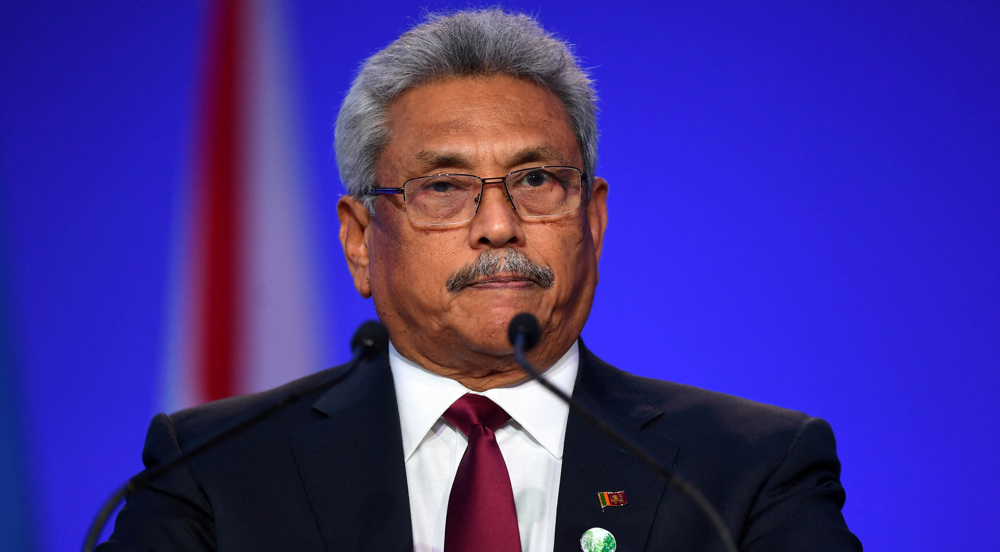
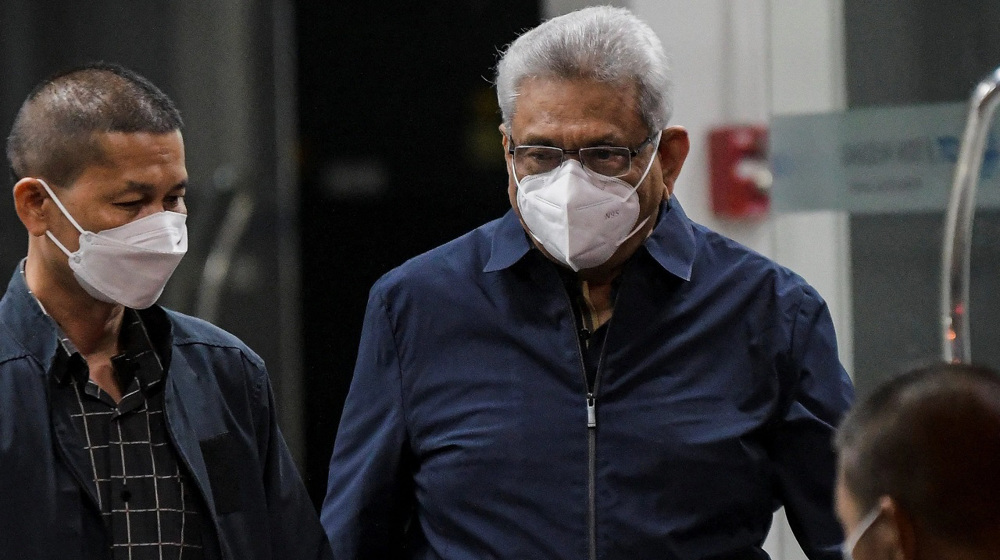
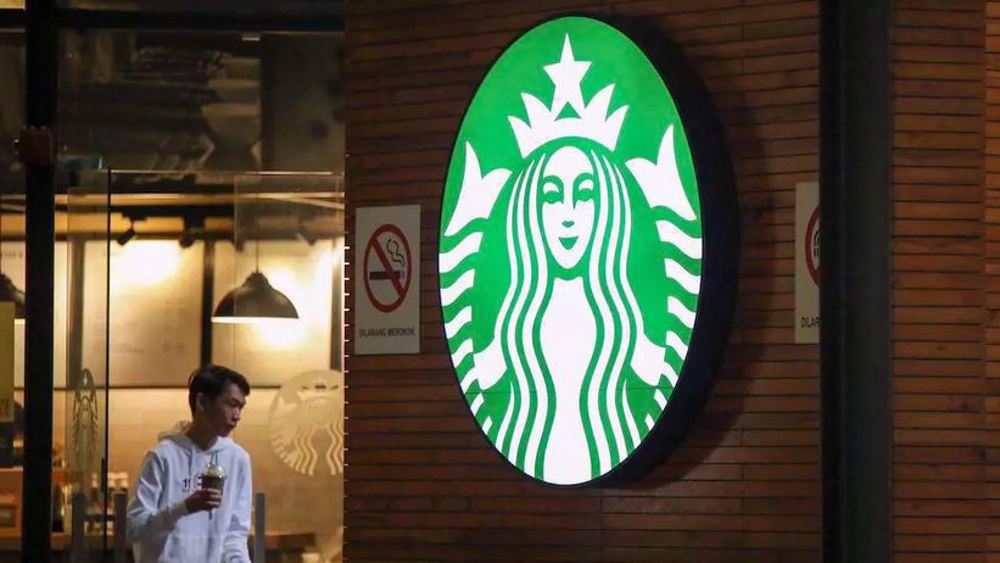
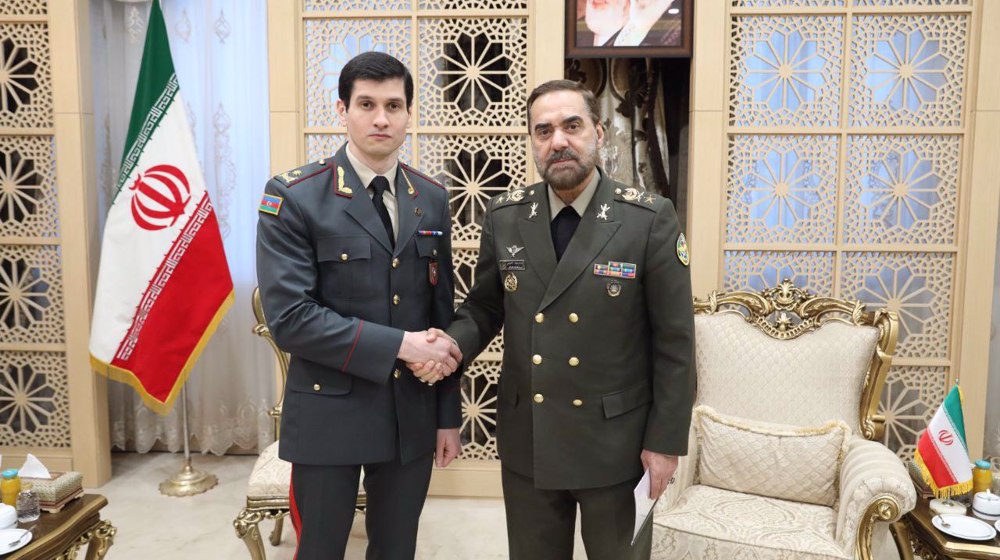




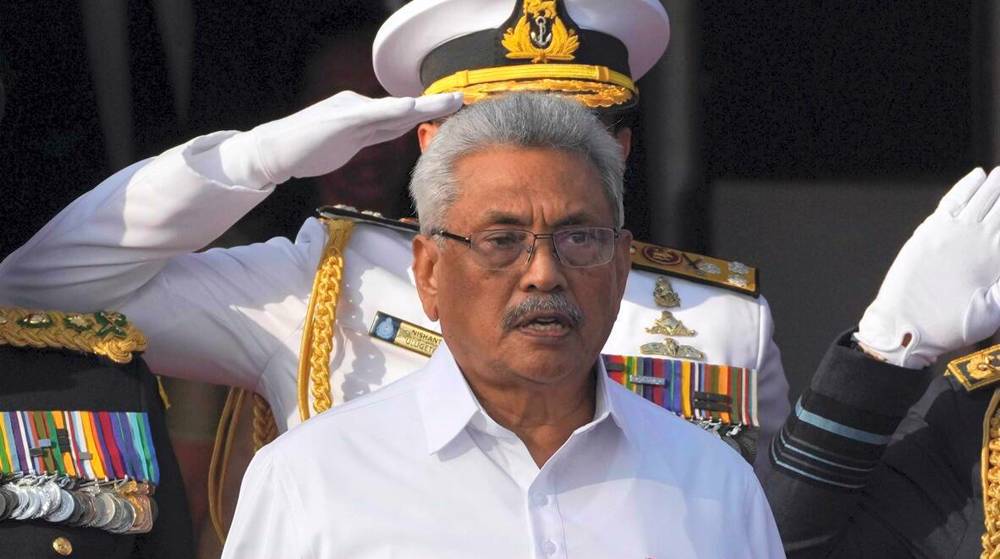
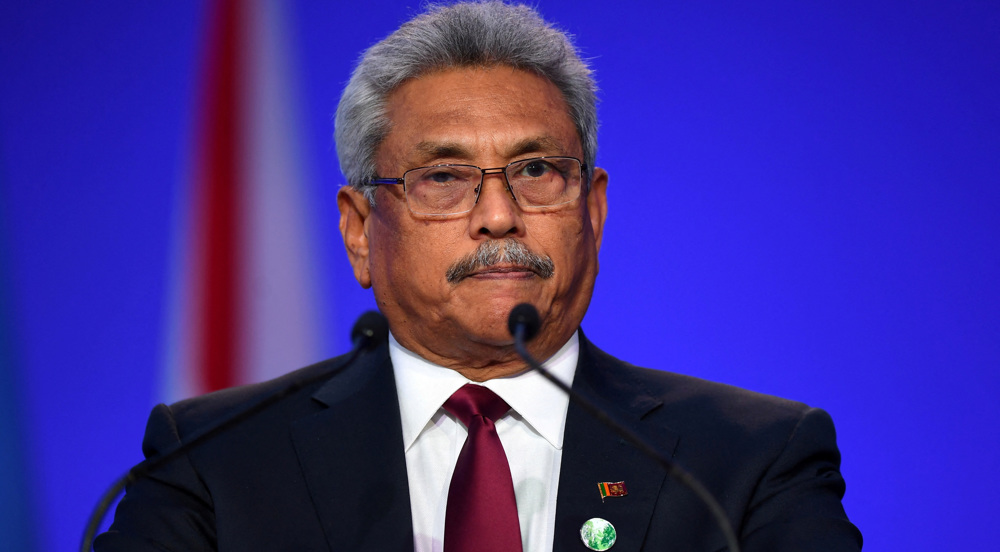
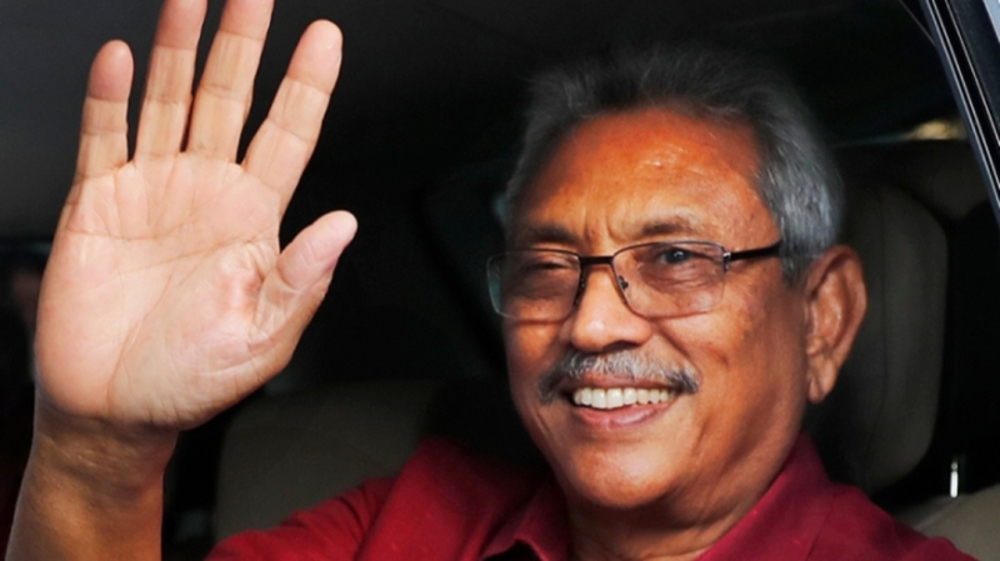
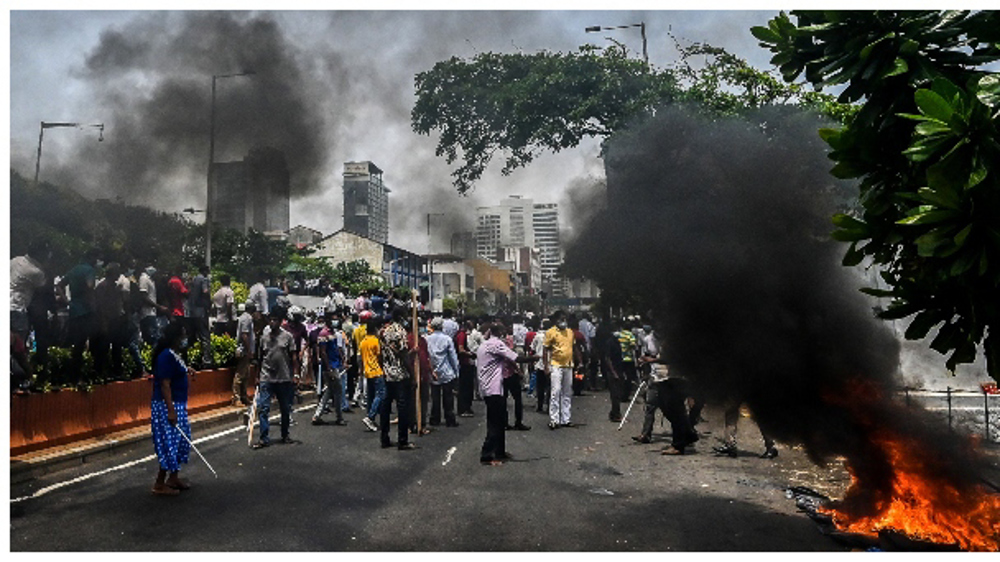
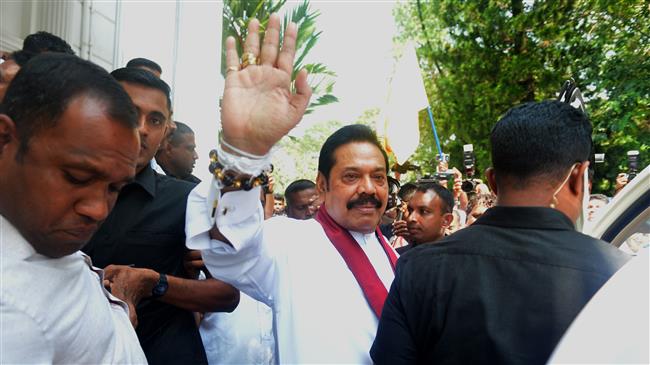

 This makes it easy to access the Press TV website
This makes it easy to access the Press TV website